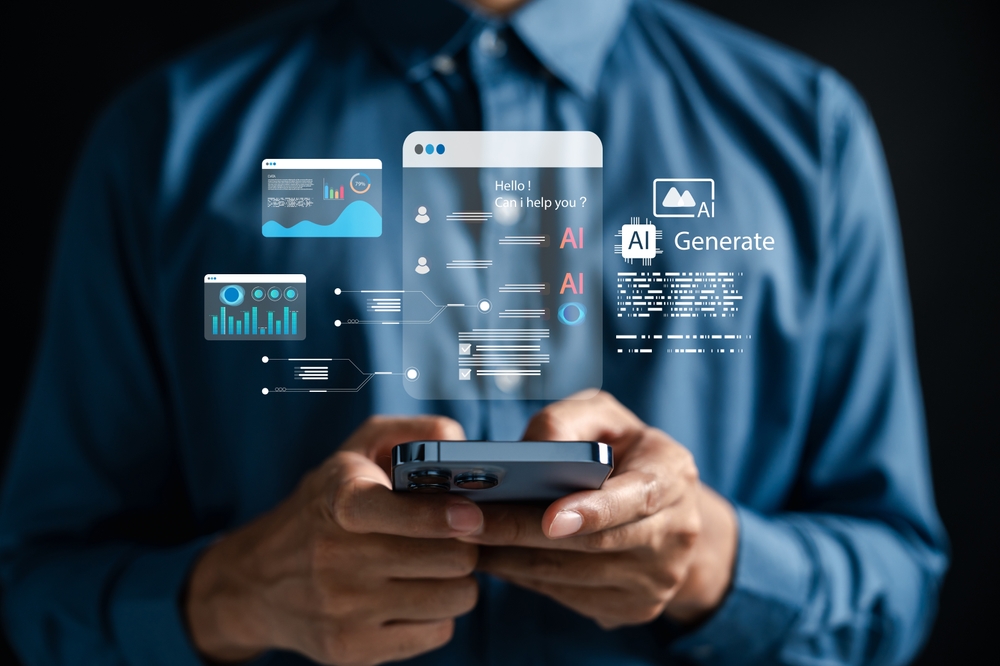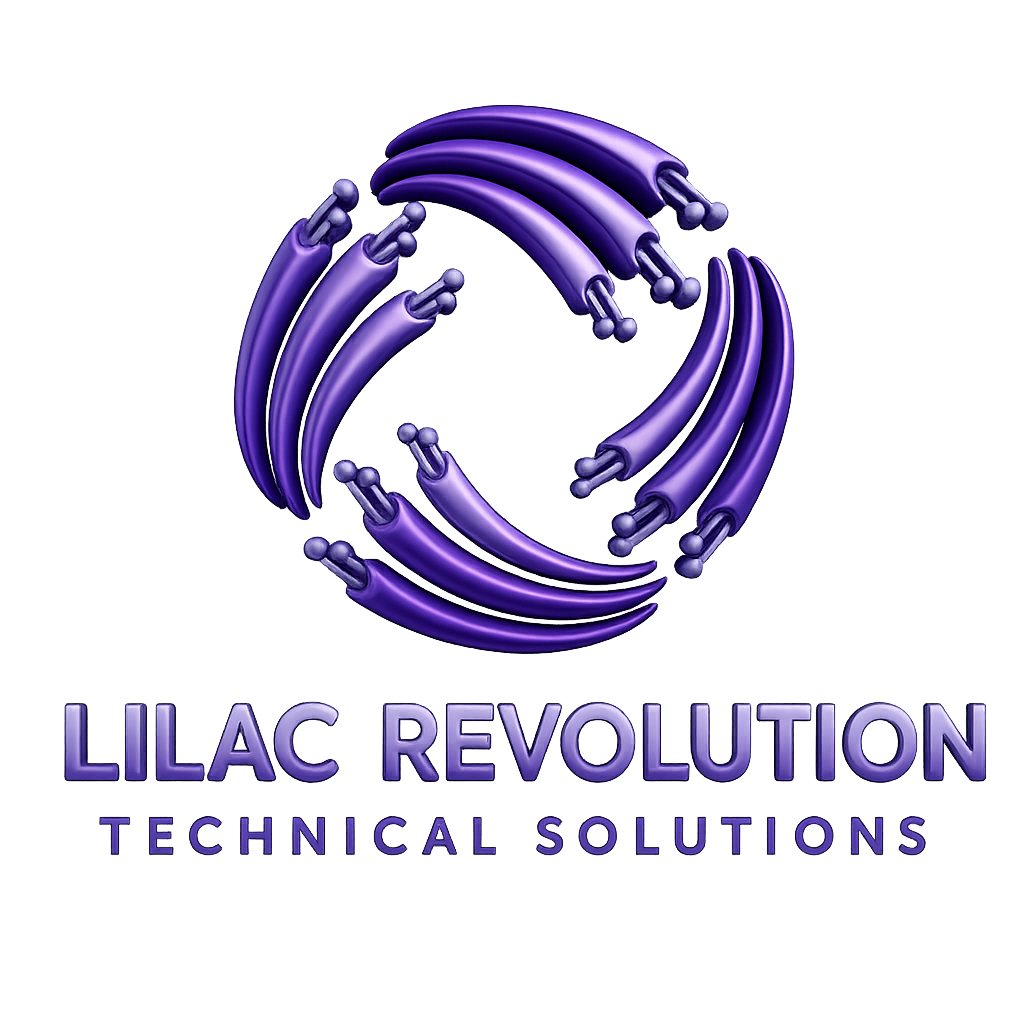Preparing for the Future: AI Trends Every Project Manager Should Know
Artificial intelligence is rapidly becoming a cornerstone in project management, guiding teams toward more streamlined and insightful workflows. As AI tools continue to advance, project managers find themselves equipped with powerful resources to automate project tasks and harness data-driven insights for more informed decision-making. By integrating predictive analytics, project leaders can anticipate challenges and optimize resource allocation, leading to enhanced team collaboration and project success. This post delves into the future of project management, exploring real-world AI case studies and trends that will shape the industry. Project managers and team leaders can gain a competitive edge by understanding these cutting-edge technologies and applying them effectively in their projects.## AI’s Impact on Project Management

Artificial Intelligence is changing how project managers work, making tasks easier and helping teams get more done. Let’s look at how AI is making workflows smoother and helping managers make smarter choices.
Streamlining Workflows
AI tools are making project workflows more efficient by automating repetitive tasks and providing real-time updates. This allows project managers to focus on strategic planning and problem-solving.
For example, AI-powered scheduling tools can analyze team availability, task dependencies, and project deadlines to create optimized schedules automatically. This saves time and reduces the risk of human error in planning.
AI chatbots can also handle routine team communications, answer common questions, and provide status updates, freeing up managers to deal with more complex issues. According to recent statistics, 77% of project managers believe AI will have a significant impact on their work in the next five years.
Enhancing Decision-Making
AI is revolutionizing decision-making in project management by providing data-driven insights and predictive analytics. This helps managers make more informed choices and anticipate potential issues before they arise.
Machine learning algorithms can analyze vast amounts of historical project data to identify patterns and trends. This information can be used to predict potential risks, estimate project timelines more accurately, and allocate resources more effectively.
AI-powered dashboards can present complex data in easy-to-understand visualizations, helping managers quickly grasp the current state of a project and make decisions based on real-time information. A study by Harvard Business Review found that AI-assisted decision-making can improve project outcomes by up to 20%.
Key AI Tools for Project Managers

As AI becomes more integrated into project management, several key tools are emerging as game-changers. These tools are helping managers automate routine work and gain valuable insights from their data.
Automating Routine Tasks
AI-powered automation tools are taking over many time-consuming, repetitive tasks that traditionally occupied a significant portion of a project manager’s day. This shift allows managers to focus on more strategic, high-value activities.
Task management systems with AI capabilities can automatically assign work based on team members’ skills and availability. They can also track progress and send reminders, ensuring nothing falls through the cracks.
Document management tools use AI to categorize, tag, and retrieve files more efficiently, saving time on administrative tasks. Some even use natural language processing to generate reports and meeting minutes automatically.
A recent forecast suggests that by 2025, AI will automate up to 80% of routine project management tasks, leading to significant time savings and increased productivity.
Providing Data-Driven Insights
AI tools are transforming how project managers analyze and interpret data, offering deeper insights and more accurate forecasts. This data-driven approach leads to better decision-making and improved project outcomes.
Predictive analytics tools use machine learning algorithms to forecast project timelines, costs, and potential risks based on historical data and current project metrics. This allows managers to proactively address issues before they become problems.
AI-powered data visualization tools can turn complex project data into easy-to-understand charts and graphs, making it simpler for managers to spot trends and communicate progress to stakeholders.
Natural language processing algorithms can analyze project communications and feedback to gauge team sentiment and identify potential issues early. This helps managers maintain team morale and address concerns promptly.
Future Trends in Project Management

The future of project management is closely tied to advancements in AI technology. Let’s explore some of the exciting trends that are shaping the field and how they’re likely to impact project managers in the coming years.
Predictive Analytics for Projects
Predictive analytics is set to become a cornerstone of project management, offering unprecedented foresight into project outcomes and potential challenges.
AI algorithms will analyze historical project data, current progress metrics, and external factors to provide increasingly accurate predictions of project timelines, costs, and risks. This will allow managers to make proactive decisions and adjustments throughout the project lifecycle.
Advanced AI systems will be able to simulate different project scenarios, helping managers choose the best course of action based on predicted outcomes. Industry experts predict that by 2030, over 80% of project planning will be assisted by AI-powered predictive analytics.
Enhancing Team Collaboration with AI
AI is set to revolutionize how project teams work together, breaking down communication barriers and fostering more effective collaboration.
AI-powered virtual assistants will facilitate smoother team interactions by scheduling meetings, taking notes, and even providing real-time language translation for global teams. This will lead to more inclusive and productive collaboration across diverse teams.
Intelligent project management platforms will use AI to analyze team dynamics and suggest optimal team compositions for different tasks. They’ll also provide personalized recommendations to improve individual and team performance.
AI will enhance remote collaboration by creating more immersive virtual workspaces, potentially using augmented or virtual reality technologies. This will help maintain team cohesion and creativity even when team members are physically apart.
